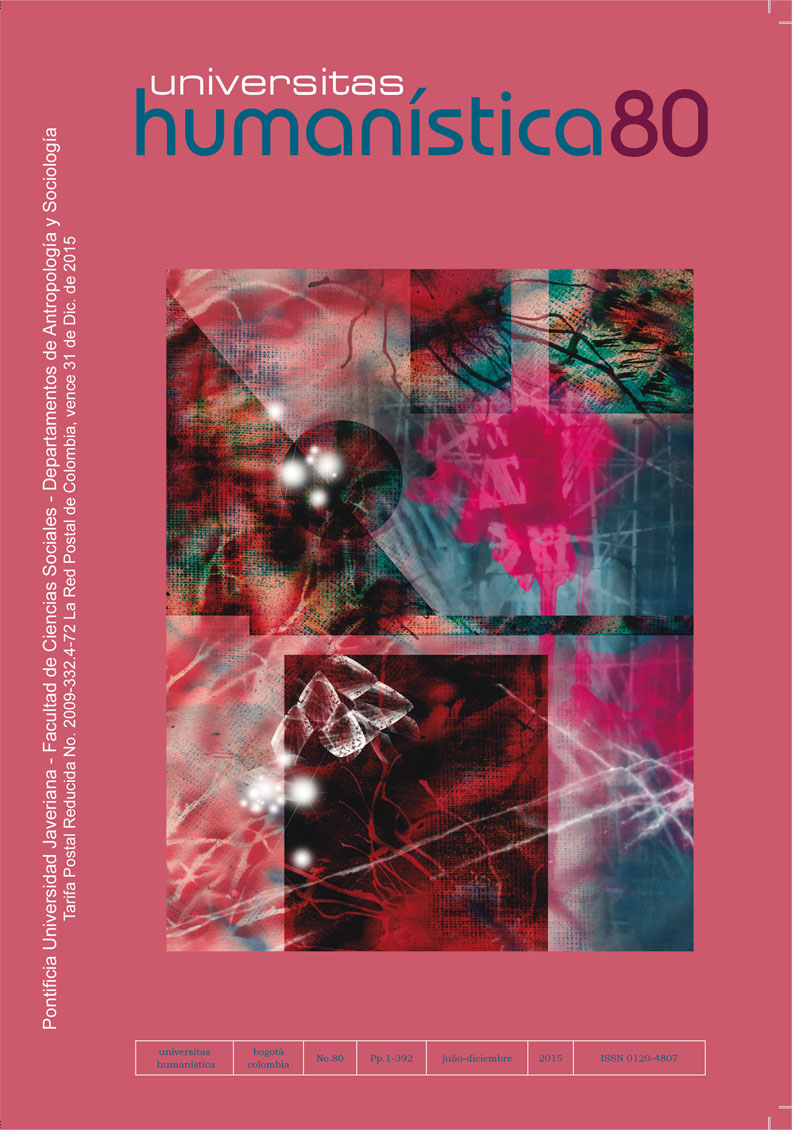Abstract
This article is a reflection on the processes of land regularization enacted by the section 68 of the Temporary Constitutional Provisions Act of 1988 in Brazil and its deployment in the State administrative routines.We believe that new elements have been imposed and we should consider them when thinking about reparation policies and recognition of the recipients of these constitutional provisions. We use the expression “the battle of papers” to refer to the negotiations obstructed by the State notarial procedures. Efforts will be made to show the situations in which the struggle for social recognition challenges the idea in which it is conceived that the runaway slaves demand is merely territorial. Observed in their various confrontations, these processes conceal a moral vocation, led by the runaway slaves, that overflows the logical demand for the “World of papers” and allows us to visualize the tensions on the ways of materializing, moved from orality to writing, conducted by notions of science and permeated by notary logic.
This journal provides immediate open access to its content on the principle that making research freely available to the public, encourages greater global exchange of knowledge.
The journal Universitas Humanística is registered under a Creative Commons Attribution 4.0 International Public License. Thus, this work may be reproduced, distributed, and publicly shared in digital format, as long as the names of the authors and Pontificia Universidad Javeriana are acknowledged. Others are allowed to quote, adapt, transform, auto-archive, republish, and create based on this material, for any purpose (even commercial ones), provided the authorship is duly acknowledged, a link to the original work is provided, and it is specified if changes have been made. Pontificia Universidad Javeriana does not hold the rights of published works and the authors are solely responsible for the contents of their works; they keep the moral, intellectual, privacy, and publicity rights.
Approving the intervention of the work (review, copy-editing, translation, layout) and the following outreach, are granted through an use license and not through an assignment of rights. This means the journal and Pontificia Universidad Javeriana cannot be held responsible for any ethical malpractice by the authors. As a consequence of the protection granted by the use license, the journal is not required to publish recantations or modify information already published, unless the errata stems from the editorial management process. Publishing contents in this journal does not generate royalties for contributors.


